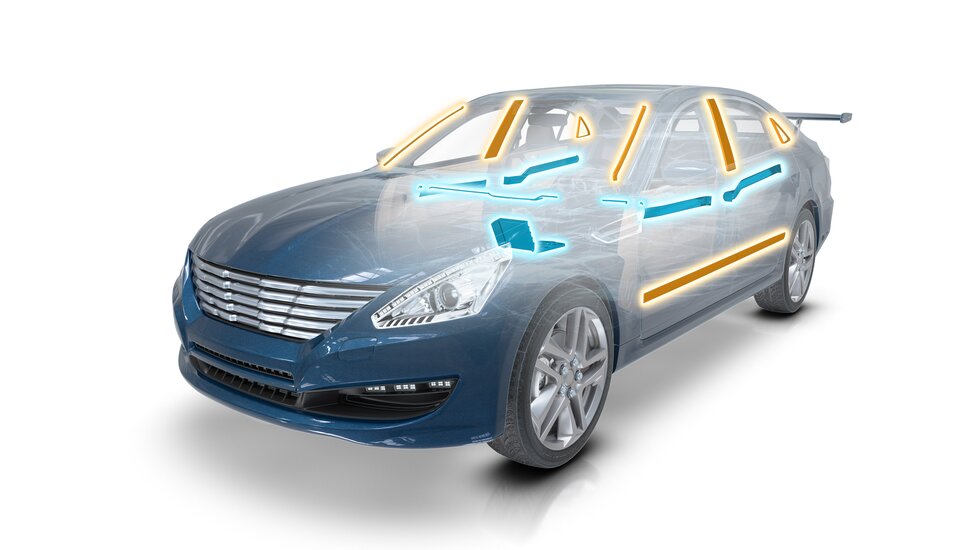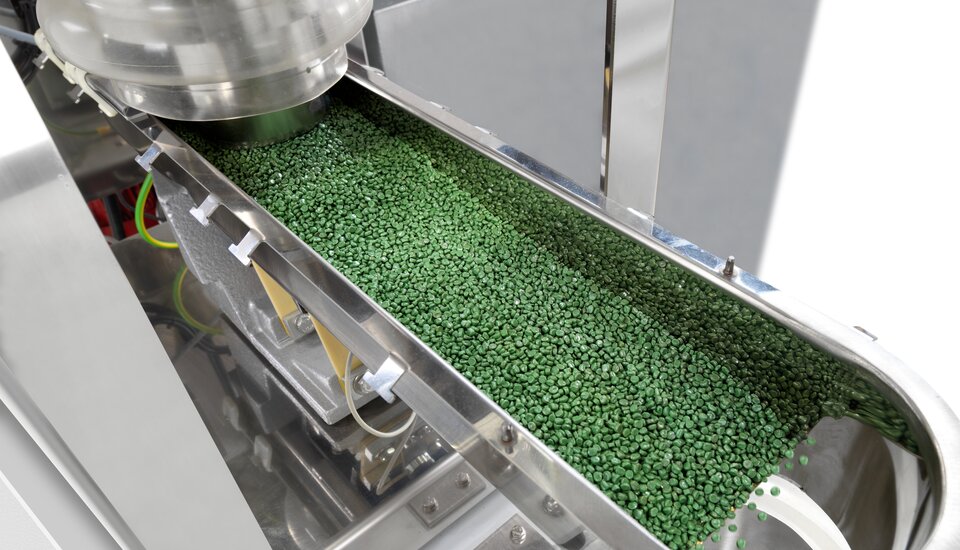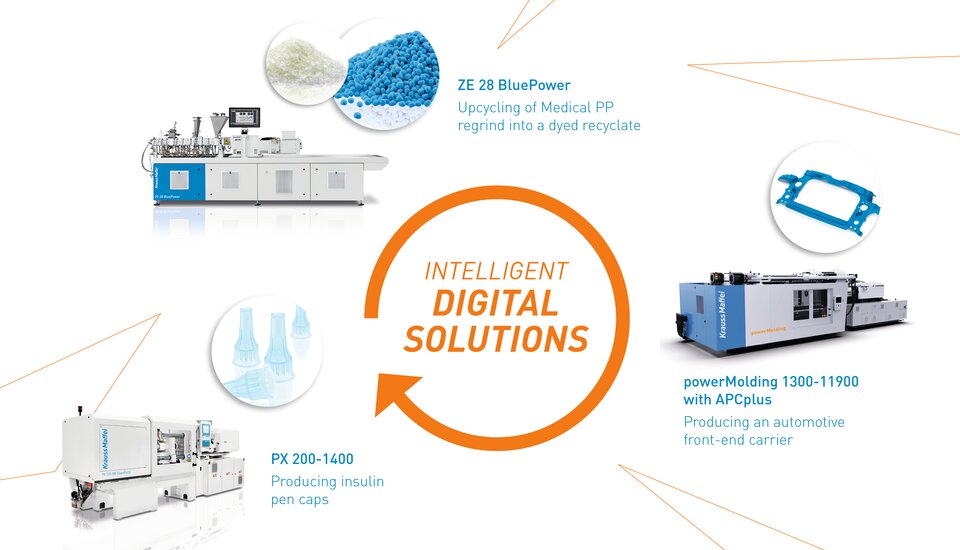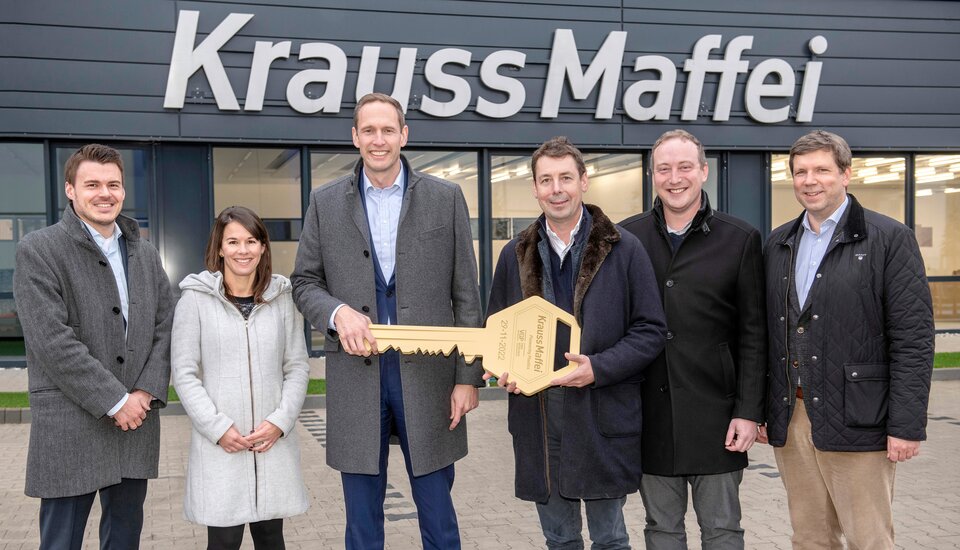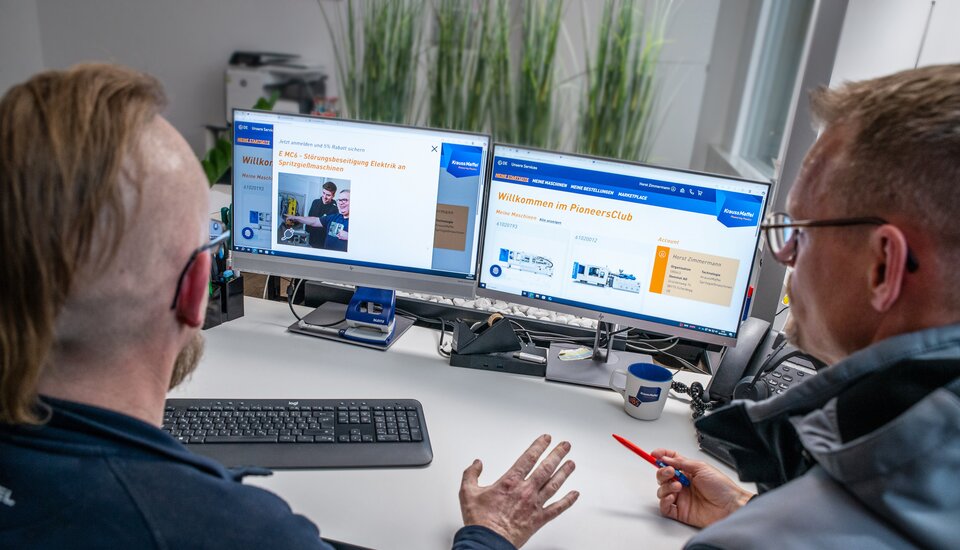
sustainability
Live @NPE: Future mobility
| Petra Rehmet
Clemson University showcases driverless concept vehicle
The future of mobility promises fascinating innovations that could fundamentally change the way we travel. Just think of driverless concept vehicles that travel autonomously. At the KraussMaffei booth at NPE in Florida, Orlando (May 6-10), Clemson University will be demonstrating the role and potential of plastics for this application.
Driverless concept vehicles could revolutionize the way we get around and have a significant impact on urban infrastructure, the environment and quality of life.
Plastics play a crucial role in this by helping to make vehicles lighter, more energy efficient and more cost-effective without compromising on safety and functionality.
At the KraussMaffei booth at NPE, the renowned Clemson University will be demonstrating how this can work. The driverless concept vehicle, which was designed for the year 2035, is particularly efficient and sustainable.
The design consists of almost 18 percent plastics and composites. That is almost twice as much as the market average of 10 percent. The materials used are primarily lightweight, recycled and recyclable - the best example of the future-oriented research and development work for which Clemson University is known. Development partners in this project include ExxonMobil Chemical and Honda North America.
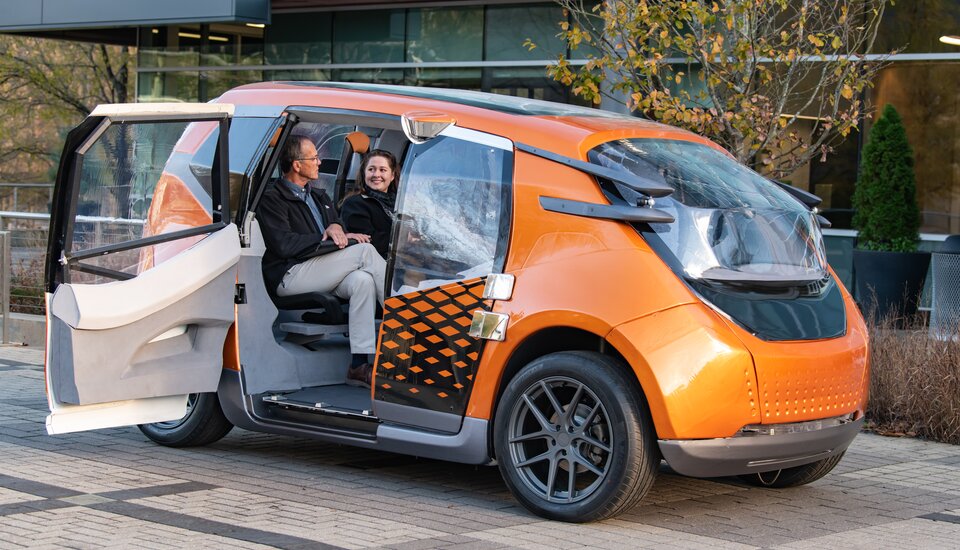

KraussMaffei at NPE
West Hall A, Booth W600

